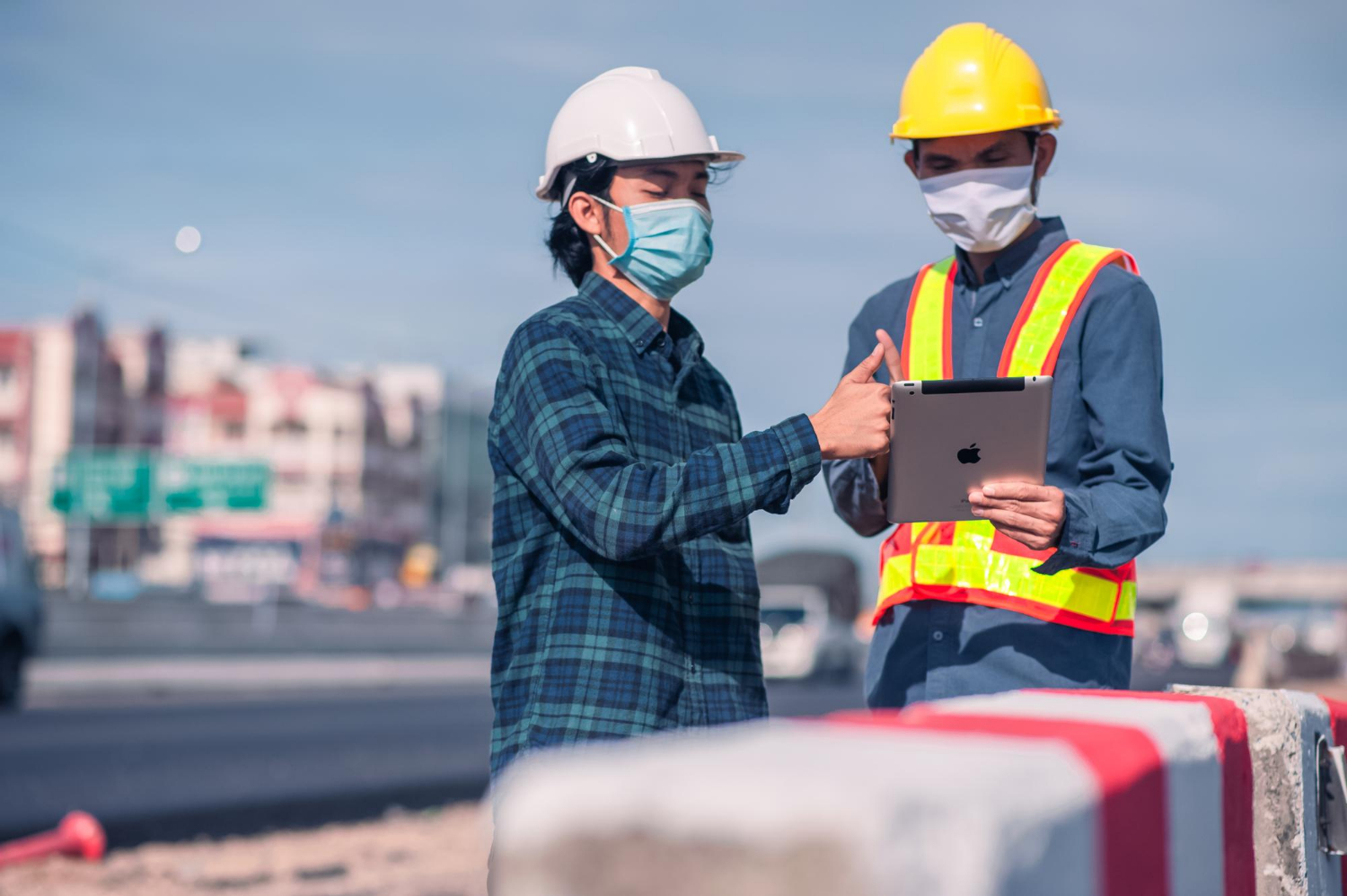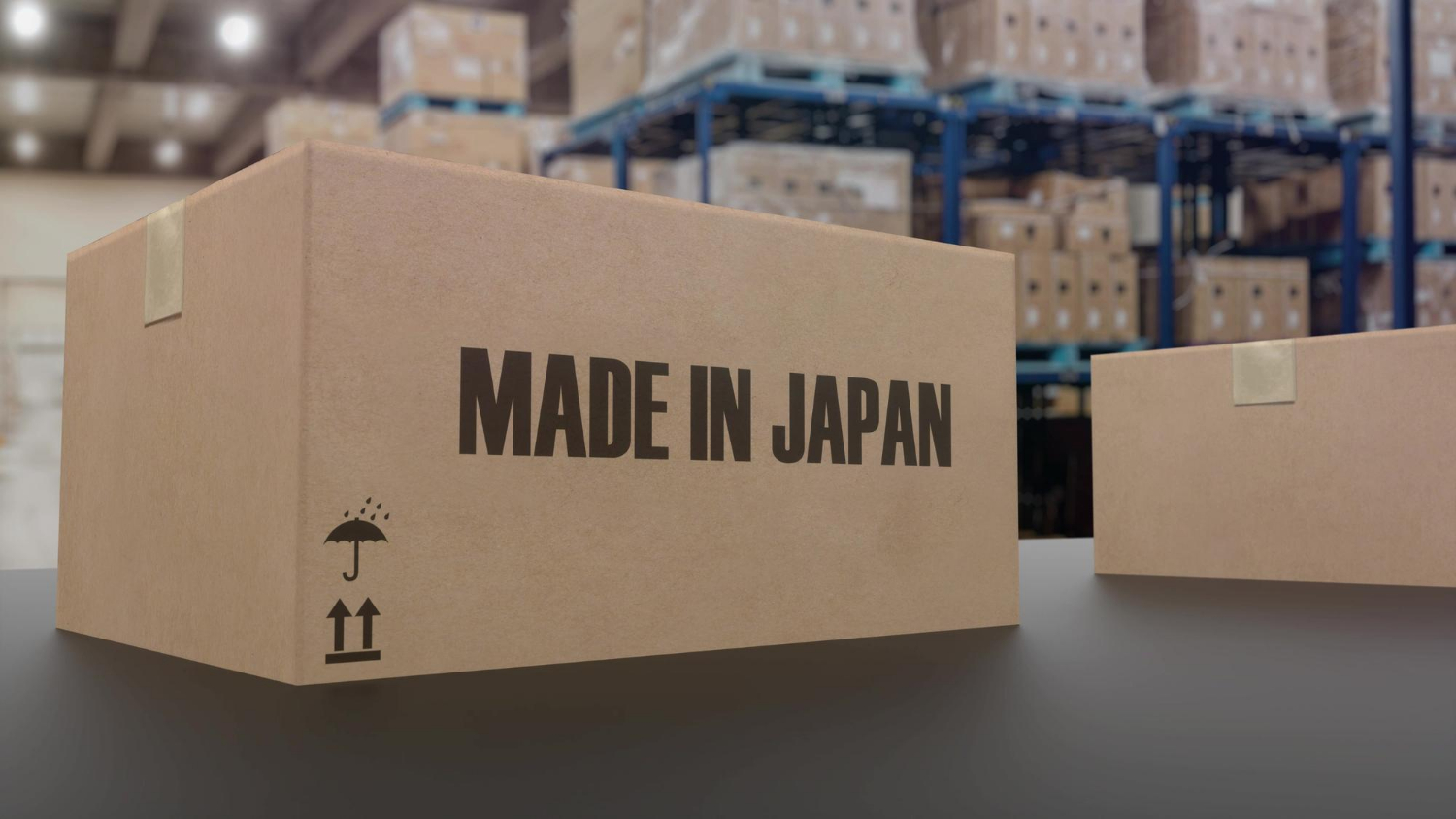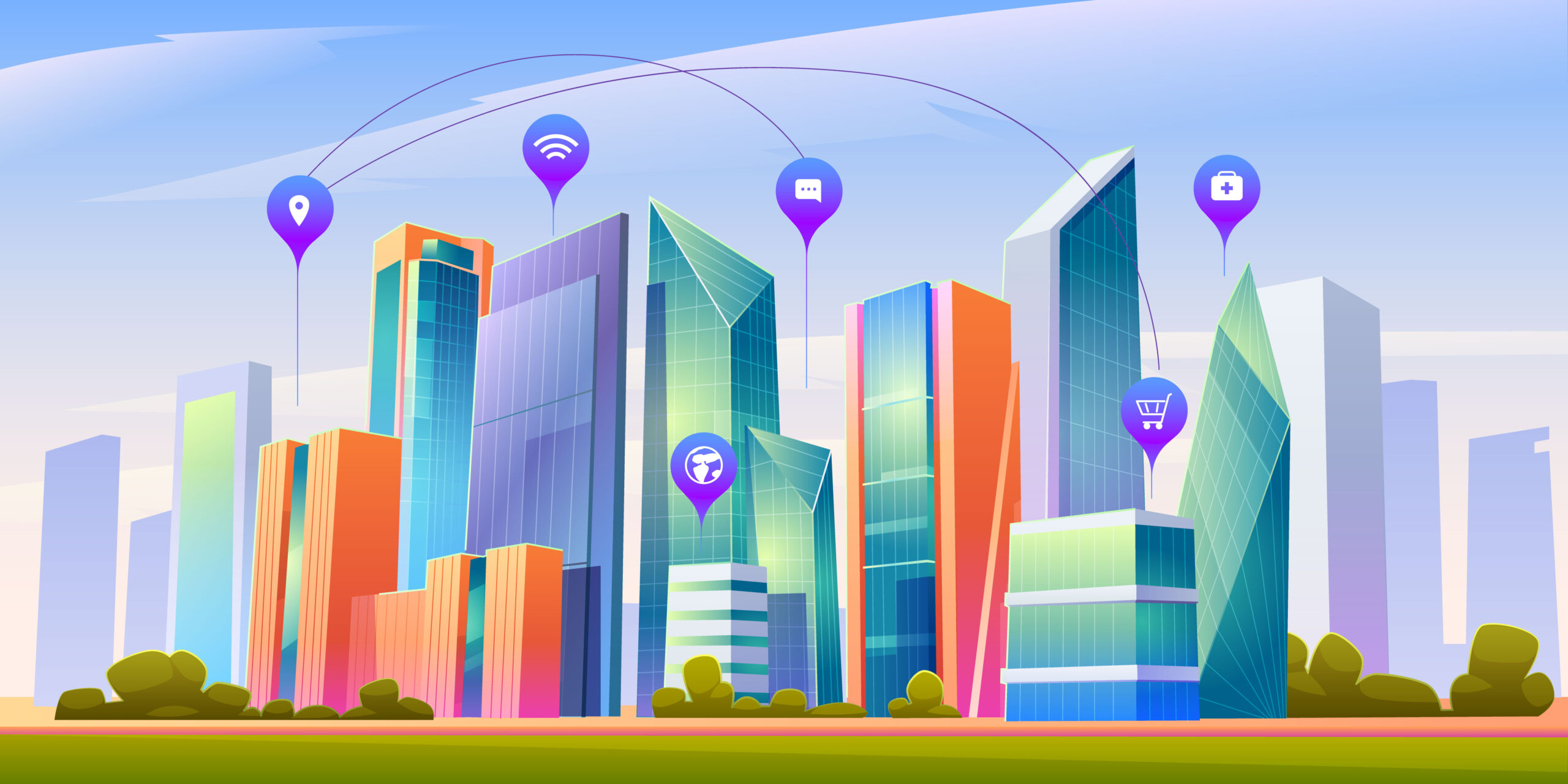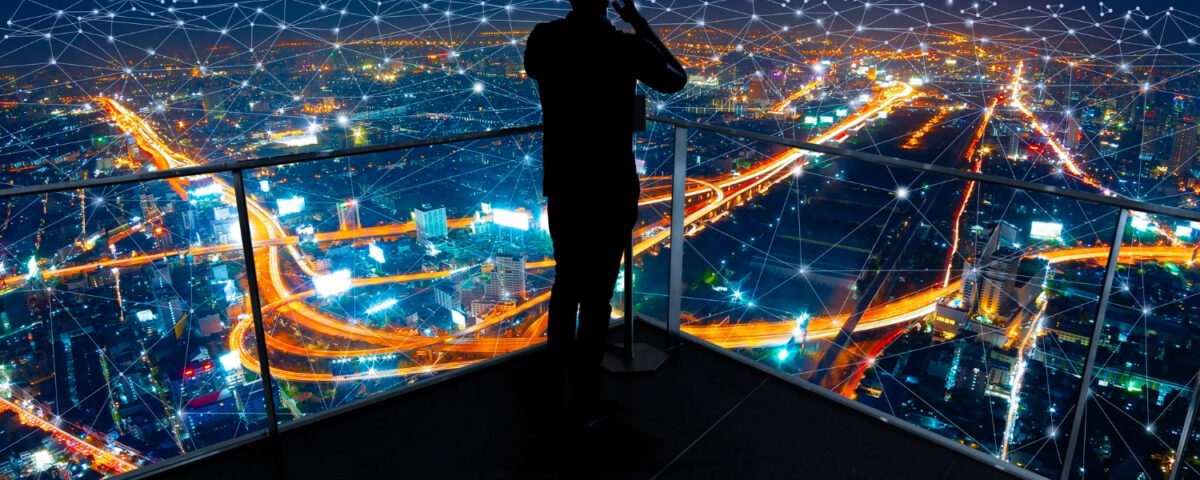
Japanese Who Stay For Business In Industrial Areas in Karawang Should Use Indonesian Language for Business Communication
September 26, 2022
For Japanese in Karawang, Having Ability To Speak Indonesian Is A Very Plus Point
October 4, 2022The government of Indonesia has been promoting the development of smart cities in the country as part of its national development strategy. In line with this, the government has now invited Japanese companies to participate in the development of these smart cities. This presents a great opportunity for Japanese businesses to enter the Indonesian market and collaborate with local companies to develop these cities.
However, there are also some challenges that Japanese businesses may face when participating in this project. First, the Indonesian market is relatively new and undeveloped, which means that there is a lack of infrastructure and regulations in place. This can make it difficult for businesses to operate and may lead to project delays. Second, Indonesia is a vast and diverse country, which can make it challenging to develop a unified smart city solution that can be implemented across the country. Finally, language barriers may also present a challenge, as not all Indonesians speak English or Japanese.
Despite these challenges, there are still many potential opportunities for Japanese businesses to participate in the development of smart cities in Indonesia. By working closely with local partners and taking advantage of Indonesia’s vast resources, Japanese businesses can help to develop world-class smart cities that will benefit both countries.

What are smart cities?
A smart city is an urban area that uses technology to improve the quality of life of its citizens. This can include things like reducing traffic congestion, improving public transportation, increasing the efficiency of city services, and improving safety.
Indonesia has been working to develop its own smart cities, and has now invited Japanese companies to help with this effort. Japan is known for its advanced technology, and the two countries have a strong relationship. This partnership will help Indonesia create more livable and sustainable cities.
The benefits of developing smart cities in Indonesia
Indonesia is inviting Japanese companies to help develop its smart cities. This is a good opportunity for Japanese companies to get involved in the development of Indonesia’s infrastructure. Indonesia is a rapidly growing country with a burgeoning middle class. The development of smart cities will help to support the growth of the country and provide better quality of life for its citizens.
There are many benefits to developing smart cities in Indonesia. One benefit is that it would help to reduce traffic congestion and pollution. Smart city infrastructure would help to manage traffic flow and make transportation more efficient. This would reduce emissions from vehicles and improve air quality.
Another benefit of developing smart cities is that it would improve access to services and information for citizens. Smart city infrastructure would provide better connectivity and allow for the delivery of services such as healthcare, education, and public safety. This would improve the quality of life for citizens and make Indonesia an more attractive place to live and work.
The development of smart cities is also an opportunity for Japanese companies to create new business opportunities in Indonesia. There is a growing demand for smart city solutions in Indonesia, and Japanese companies are well-positioned to provide these solutions. By getting involved in the development of smart cities in Indonesia, Japanese companies
Japanese companies to develop smart cities in Indonesia
Indonesia has been working hard to improve its infrastructure and attract foreign investment, and one area that it is focusing on is developing smart cities. The country has now invited Japanese companies to get involved in this effort.
There are many benefits to developing smart cities, including improved efficiency, better management of resources, and greater livability. Japanese companies are well-positioned to help Indonesia develop this infrastructure, as the country has a lot of experience in building smart cities.
Some of the Japanese companies that have already expressed interest in this project include Fujitsu, NEC, and Hitachi. These companies will be able to help Indonesia develop the necessary infrastructure for smart cities, as well as provide expertise on how to best manage these new systems.
This is a great opportunity for both Indonesia and Japan. Indonesia will be able to improve its infrastructure and attract more investment, while Japanese companies will be able to gain a foothold in the growing Southeast Asian market.
Conclusion
The Indonesian government has invited Japanese companies to develop smart cities in the country as part of its plan to improve infrastructure and attract more foreign investment. This is a great opportunity for Japanese companies to expand their operations into Southeast Asia, and we hope that they will take advantage of it.
Tensai Nihongo Bunka Gakuin Provides Indonesian Courses for Japanese Who work in Karawang Industrial Areas
The Indonesian government has been actively courting Japanese companies to help develop its infrastructure, and one area that is of particular interest is the development of smart cities. Indonesia has been working on a number of initiatives to promote the development of smart cities, and it has now invited Japanese companies to get involved in the process.
There are a number of reasons why the Indonesian government is keen to develop smart cities. Firstly, Indonesia is a rapidly urbanising country, and it is anticipated that by 2030, 60% of the population will live in urban areas. This rapid urbanisation is putting strain on existing infrastructure, and so the development of smart cities is seen as a way to manage this growth. Secondly, smart cities are seen as a way to attract investment and promote economic development. Indonesia is hoping that by developing smart cities, it will be able to attract more foreign direct investment and create jobs.
The Indonesian government has been working with a number of Japanese companies on smart city initiatives. One company that is involved in this collaboration is Toshiba, which is helping to develop a smart city in the city of Karawang. Toshiba is providing expertise in a range of areas, including energy efficiency, waste management, and transportation.
The development of smart cities is a complex process, and it requires the involvement of a range of different stakeholders. In order to ensure the successful development of smart cities, it is important that there is good communication between all of the stakeholders. The Indonesian government has been working with the Japanese government to promote communication between the two countries on smart city initiatives. As part of this effort, the Indonesian government has provided funding for the development of an Indonesian-language course for Japanese people who work in Karawang.
The Indonesian-language course is being offered by Tensai Nihongo Bunka Gakuin, and it is open to Japanese people who work in Karawang industrial areas. The course is designed to help Japanese people who work in Karawang to communicate effectively with Indonesian people. The course is divided into four levels, and each level covers different aspects of the Indonesian language.
The first level of the course covers basic communication skills, such as greetings and introductions. The second level covers more advanced topics, such as business etiquette and cultural understanding. The third level covers specific topics related to smart city development, such as energy efficiency and transportation. The fourth level covers more general topics, such as tourism and leisure.

